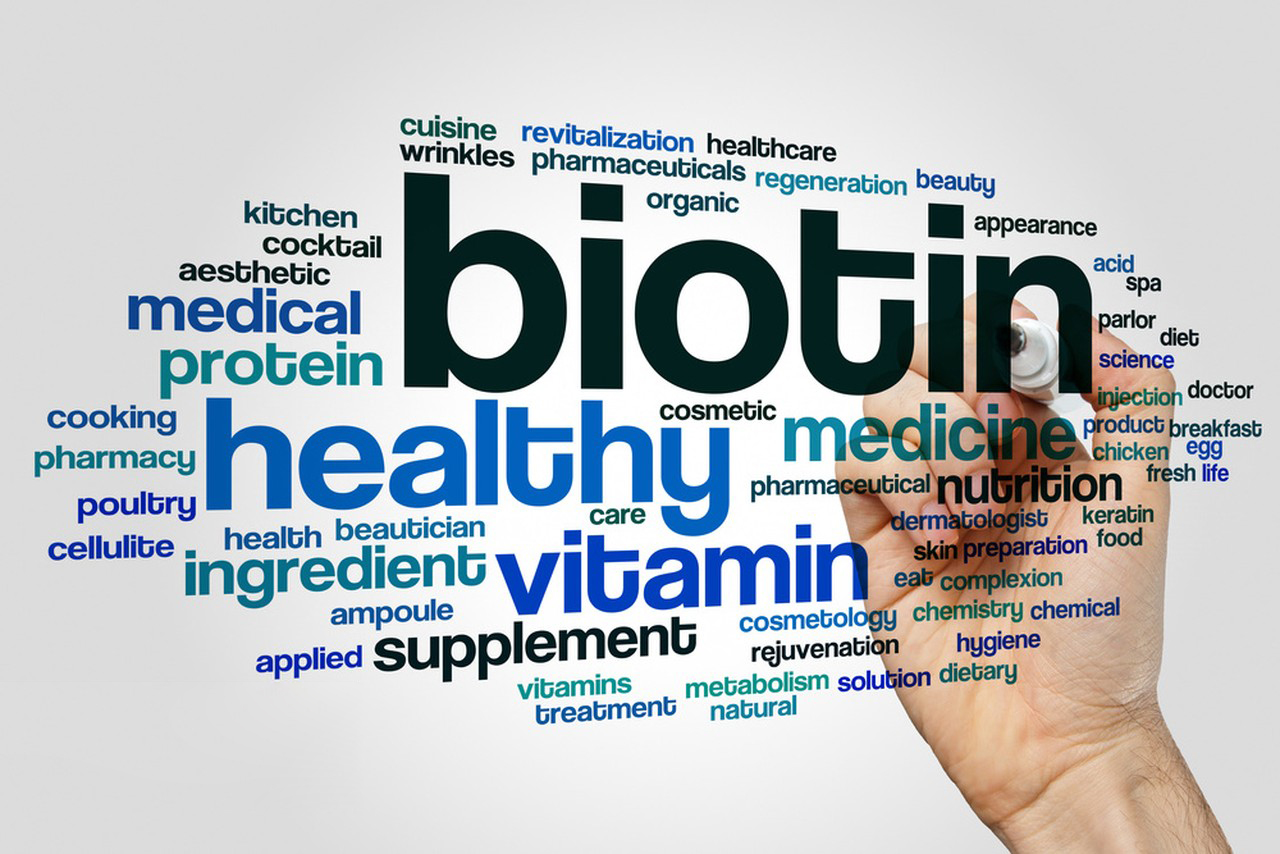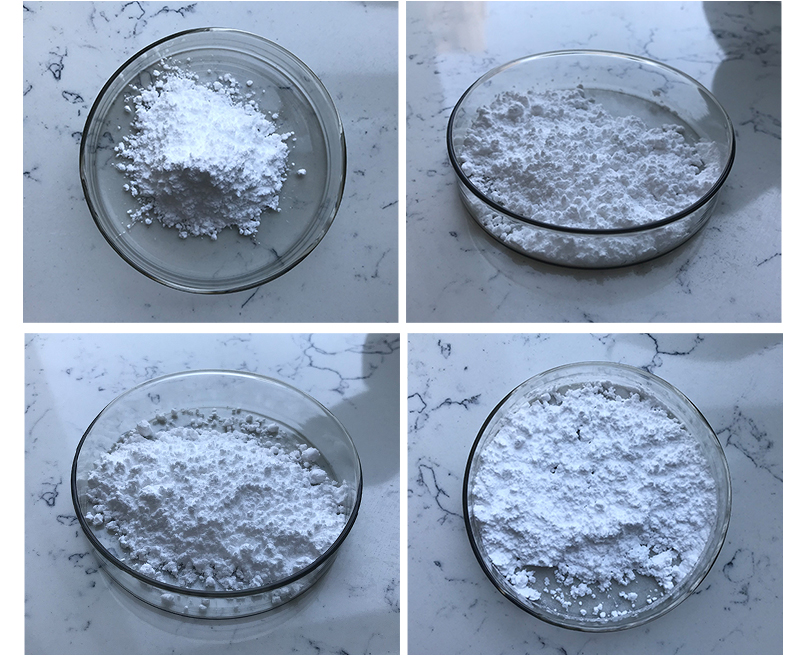Biotin, also known as vitamin B7 or vitamin H, is a water-soluble B-vitamin that plays a crucial role in the metabolism of carbohydrates, fats, and proteins. Here are some key characteristics of biotin:
1. Biochemical Role:
- Cofactor for Enzymes: Biotin acts as a coenzyme for carboxylase enzymes, which are involved in important biochemical reactions like the synthesis of fatty acids, amino acids, and glucose.
- Energy Production: It supports the conversion of food into energy by aiding in the breakdown of carbohydrates, fats, and proteins.
2. Dietary Sources:
Biotin is found in a variety of foods, including:
- Eggs (especially the yolk)
- Nuts (such as almonds, peanuts)
- Legumes (like soybeans and lentils)
- Whole grains (such as oats)
- Avocados
- Dairy products
- Liver and other organ meats

3. Health Benefits:
- Hair and Skin Health: Biotin is often associated with the health of hair, skin, and nails, and it is commonly included in supplements for improving hair growth and preventing hair loss.
- Metabolic Support: Helps in metabolizing nutrients, supporting energy levels, and maintaining a healthy metabolism.
- Pregnancy: Adequate biotin levels are important during pregnancy, as it supports fetal development and helps in cell growth and the production of genetic material.
4. Deficiency Symptoms:
Although biotin deficiency is rare, it can occur in cases of poor diet or certain health conditions. Symptoms may include:
- Hair thinning or loss
- Skin rashes, particularly around the eyes, nose, and mouth
- Brittle nails
- Fatigue, depression, and irritability
- Muscle pain or cramps
- Dry, scaly skin (dermatitis)
5. Recommended Intake:
The recommended daily intake for biotin varies by age, gender, and life stage, but in general:
- Adults: 30 mcg/day
- Pregnant women: 30 mcg/day
- Breastfeeding women: 35 mcg/day
Biotin supplements are available, but most people can get enough through their diet.

6. Absorption and Bioavailability:
Biotin is absorbed in the small intestine and is stored in the liver. Its absorption can be affected by factors such as gastrointestinal diseases, biotinidase deficiency, or the consumption of raw egg whites, which contain a protein called avidin that binds biotin and prevents absorption.
7. Toxicity:
Biotin is considered safe, as it is water-soluble, and excess amounts are typically excreted in urine. Toxicity is rare, but excessive amounts from supplements may lead to imbalances in other nutrients or interfere with certain lab test results, such as thyroid function tests.
Overall, biotin is essential for maintaining healthy metabolic function, and it plays a critical role in the health of hair, skin, and nails.
